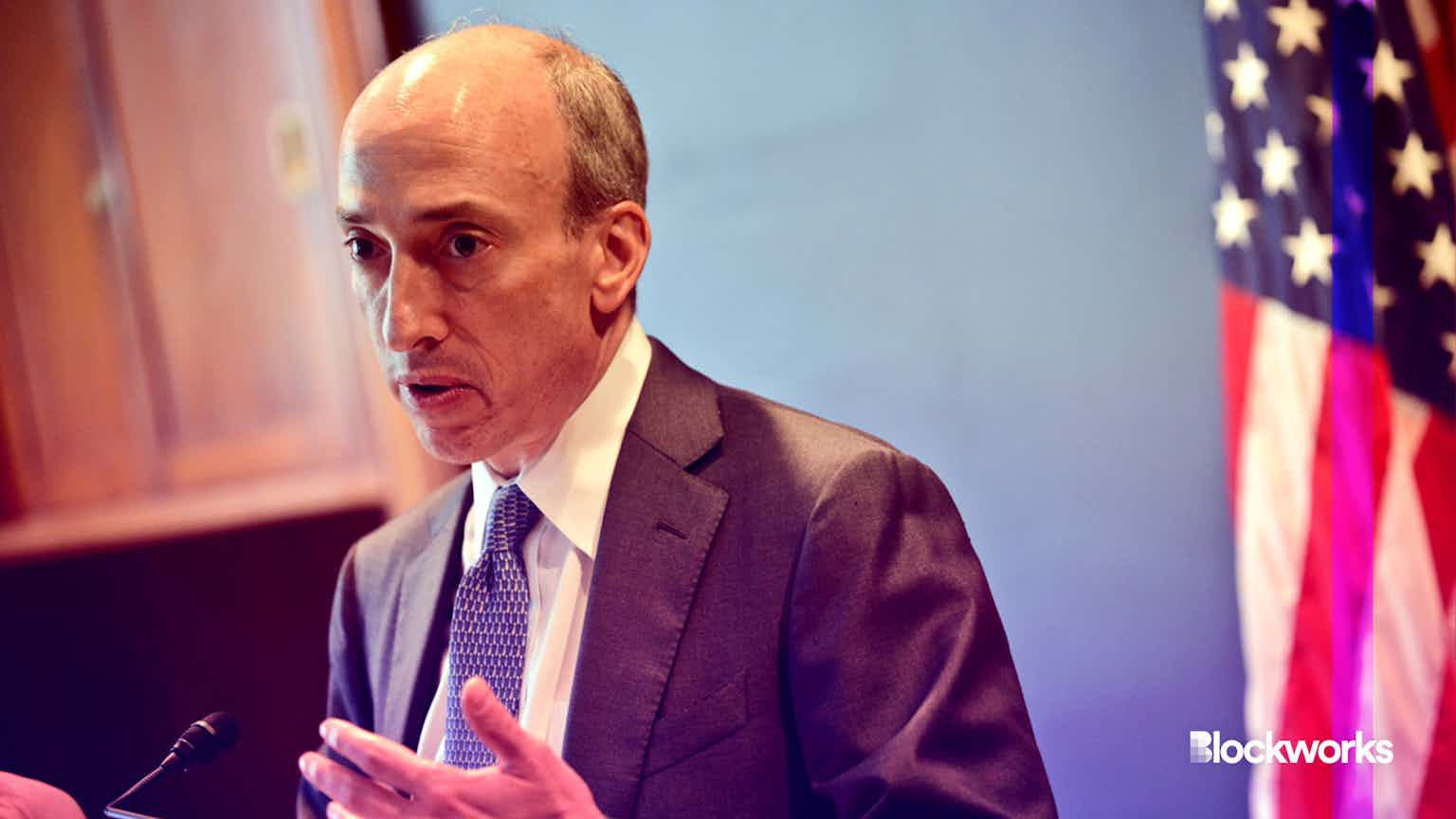US Treasury Official: Stablecoin UST’s Collapse “Wake Up Call’ For Crypto
It was promising to see no contagion to the banking system as a result of UST’s demise, the official said

Source: Shutterstock
key takeaways
- UST’s collapse highlights areas where the industry needs work, the official said
- The majority of speakers agreed on the need for regulatory clarity
Cryptocurrency is growing dangerous fast, a US Treasury official said Tuesday.
Michael Hsu, acting director of the Office of the Comptroller of the Currency, told attendees at the DC Blockchain Summit that the fallout from the stablecoin UST’s de-pegging from its one-to-one standing with the US dollar should “serve as a wake up call and an opportunity to reset and recalibrate the problems the industry is trying to solve.”
It was promising that there was no contagion to the banking system as a result of the de-pegging, Hsu said, but this further highlights the need for safe havens outside of crypto.
“No banks are under stress, or even rumored to be under stress due to crypto exposure,” Hsu said. “This absence of stress has allowed the traditional banking system to remain a source of strength to households and businesses in the recent financial market volatility.”
Yield farming — in which cryptocurrency holders stake their assets in exchange for fixed-income-like returns — associated with UST was particularly alarming, Hsu said.
“Yield farming today may have more in common with Ponzi schemes than productive innovation,” he said. “Hype-driven economy presents real challenges for those truly interested in productive innovation in protecting consumers.”
While Hsu’s tone was harsher than other speakers, the notion that true innovators want and need to act within regulatory guidelines was shared universally.
“The priority now…is responsible innovation,” said Sulolit Mukherjee, global head of tax at crypto exchange Binance. “Good actors and institutional investors are waiting for more clarity in the space.”
Hsu is eager to clarify the guardrails around the industry, too.
“Although I remain a crypto skeptic, I’ve come to see its potential and understand why there’s so much excitement about the industry,” he said. “The OCC will continue to take a careful and cautious approach [with] crypto in order to ensure the national banking system is safe and sound.”
Start your day with top crypto insights from David Canellis and Katherine Ross. Subscribe to the Empire newsletter.





